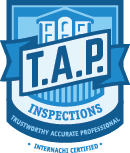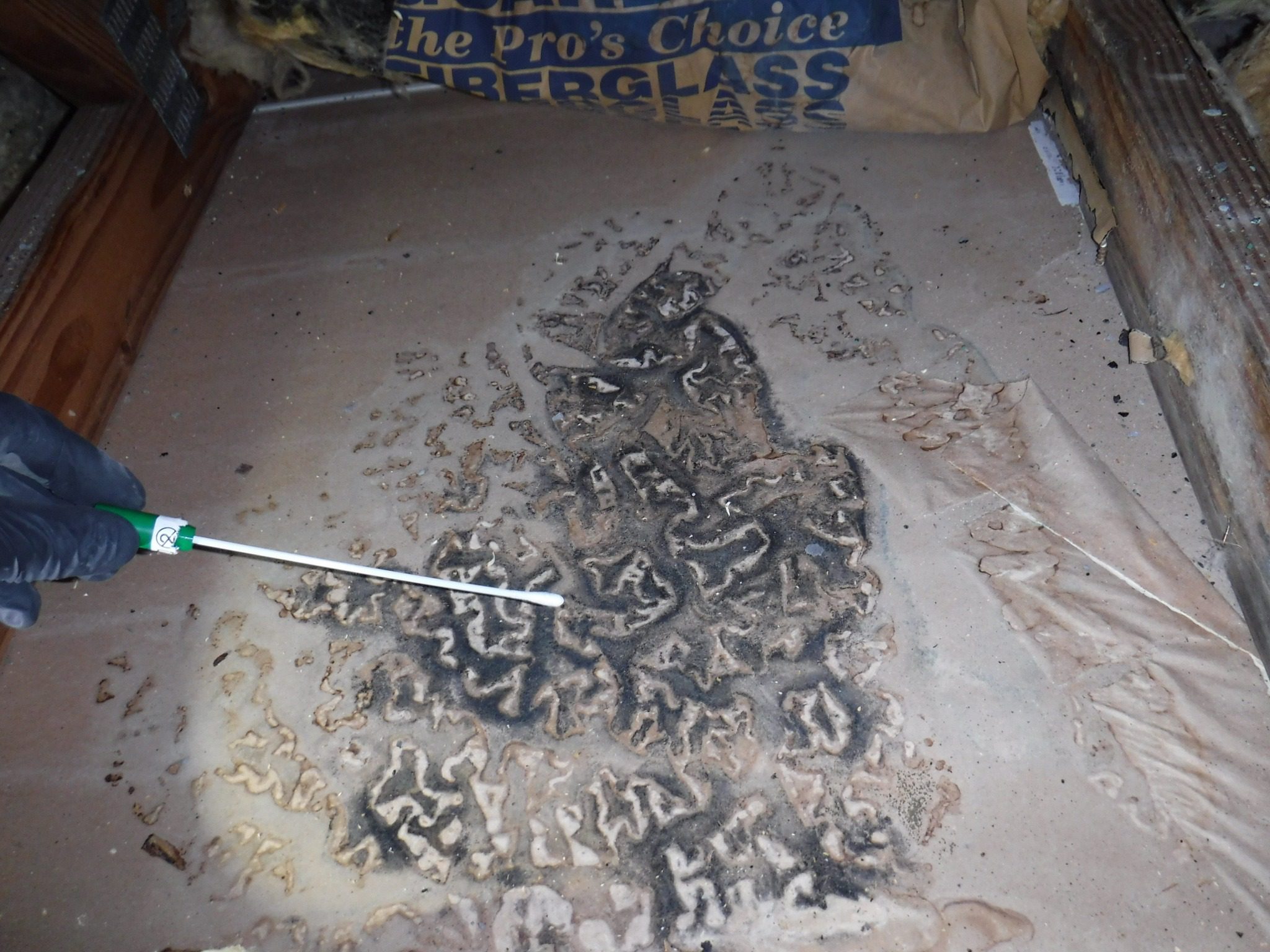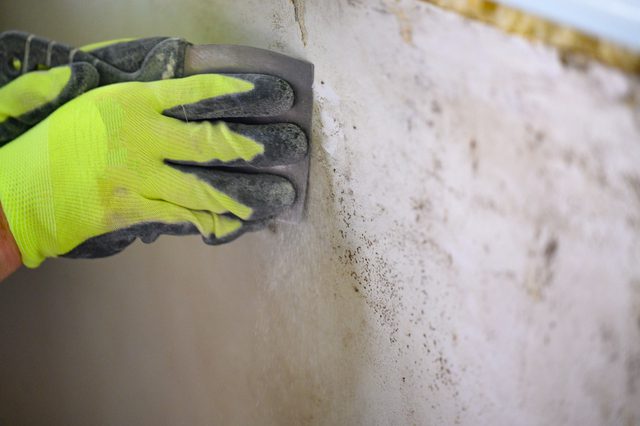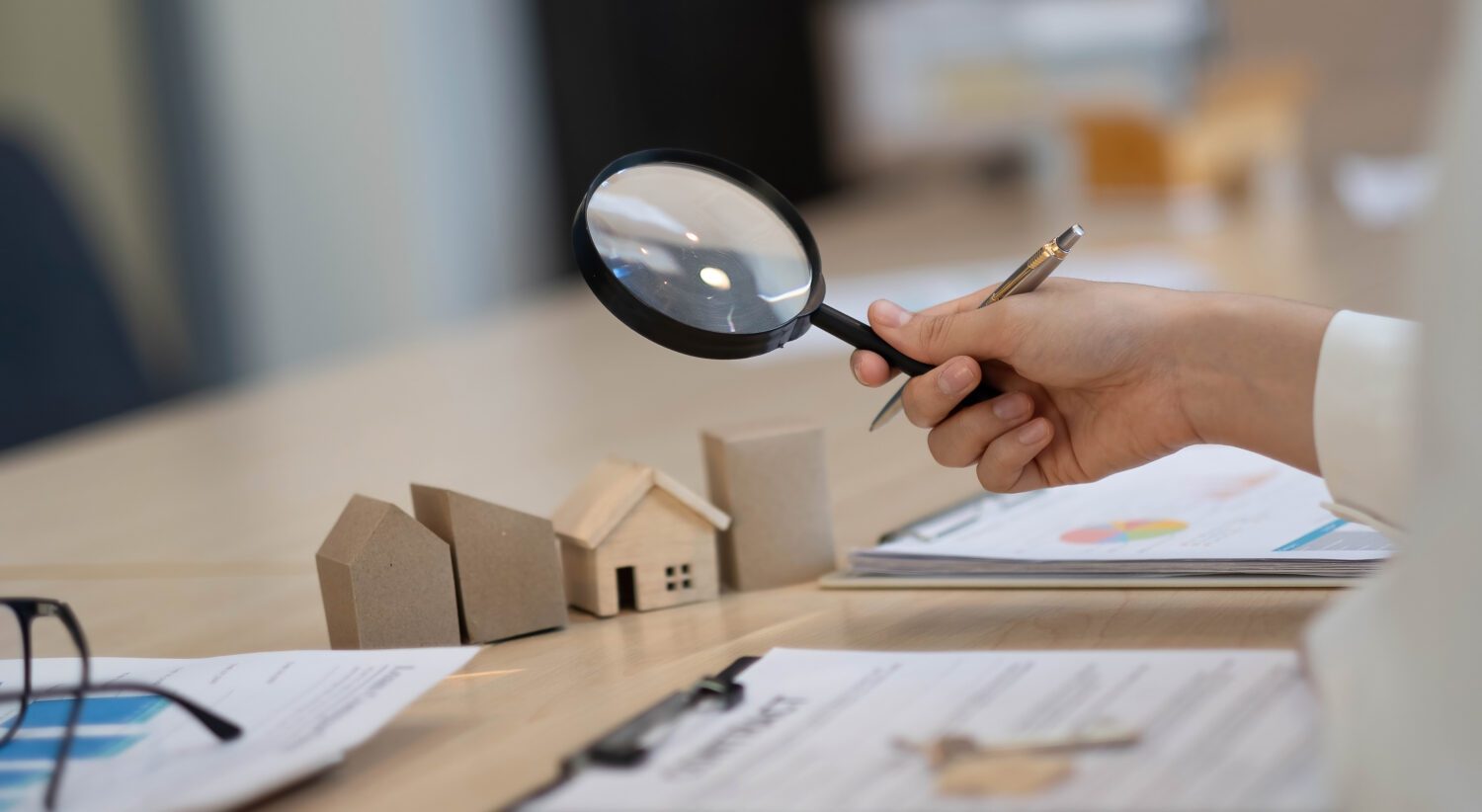Home buying is one of the most significant investments many people will make in their lifetime. Unfortunately, sometimes the excitement of becoming a homeowner can overshadow the due diligence required when making such an important purchase. Like a home inspection. As a result, many homebuyers experience buyer’s remorse after closing on their new property.
Explanation of Buyer’s Remorse and Its Impact on Homebuyers
Buyer’s remorse is a common feeling that often occurs after making a large purchase. In the context of home buying, it refers to the regret or anxiety felt by buyers after closing on their new home.
This feeling may arise from various factors, including discovering unexpected problems with the property or realizing that it does not meet all their needs and requirements. The impact of buyer’s remorse can be significant, both emotionally and financially.
It can cause stress and emotional turmoil for the homeowners who thought they found their dream home but were ultimately left dissatisfied with their investment. Additionally, it can result in costly repairs or renovations if issues are discovered post-closing.
Importance of Pre-Purchase Home Inspections in Avoiding Buyer’s Remorse
One essential step in avoiding buyer’s remorse when buying a house is to get a pre-purchase inspection before finalizing the deal. A pre-purchase inspection provides potential buyers with an unbiased evaluation of the property’s condition from top to bottom.
A thorough inspection by a qualified professional can help identify any potential issues with structural integrity, electrical wiring, plumbing systems, heating and cooling units and other aspects that might not be apparent during an initial walkthrough. By identifying these issues early on, buyers have negotiating power with sellers based on the inspection results which increases peace of mind for everyone involved in such an important transaction.
Understanding Buyer’s remorse and its impact on homebuyers is crucial when considering the importance of pre-purchase home inspections. By identifying potential problems before the deal closes, buyers can avoid costly repairs or renovations while finding their dream home without any regrets.
Overview of Pre-Purchase Home Inspections
Buying a home is one of the most significant investments many people will make in their lifetime. However, this process can be stressful and confusing for many homebuyers.
Pre-purchase home inspections are an essential step in ensuring that buyers make informed decisions when purchasing a property. In essence, a pre-purchase inspection provides a thorough evaluation of the condition of the home before closing the deal.
Definition and Purpose of Pre-Purchase Home Inspections
A pre-purchase home inspection is an evaluation conducted by a certified inspector to determine the condition of a property before purchase. The purpose of this inspection is to identify any issues or potential problems with the property that may affect its value or safety. The primary objective of pre-purchase inspections is to provide buyers with complete information about the condition of the property, helping them make informed decisions during their home-buying process.
Types of Inspections Available to Buyers
There are several types of inspections available to buyers depending on their needs and what they want to inspect. A few common types include:
General Home Inspection
This type of inspection evaluates various aspects such as structural integrity, plumbing systems, electrical systems, heating and cooling systems, roofing conditions, insulation and ventilation issues among others.
Structural Inspection
A structural inspection focuses on evaluating all structural components including foundation walls, roof structure framing system among others.
Electrical Inspection
An electrical inspection evaluates all electrical systems such as switches, outlets wiring among others to ensure they are safe and reliable.
Plumbing Inspection
A plumbing inspection focuses on evaluating all aspects related to plumbing systems such as water supply, drainage system, and other plumbing fixtures for any potential problems.
HVAC Inspection
An HVAC inspection evaluates the condition of heating, ventilation, and air conditioning units to ensure they are in good working condition and safe to use. It is essential to understand the scope of each type of inspection so that you can determine which ones are necessary for your specific property.
Benefits of Pre-Purchase Home Inspections
Pre-purchase home inspections are an important part of the home buying process. They provide potential homebuyers with a detailed understanding of the condition of the property they plan to purchase. Here are some benefits of pre-purchase home inspections:
Identifying Potential Problems before Closing the Deal
One of the most significant benefits of pre-purchase home inspections is identifying potential problems before closing on a deal. Inspectors have a trained eye to identify issues that may not be as visible to untrained buyers such as leaking roofs, faulty electrical wiring, or structural damage. These issues can be quite expensive to fix, and identifying them early allows buyers to renegotiate terms with sellers or even walk away from a problematic property.
Negotiating Power with Sellers Based on Inspection Results
The inspection results provide buyers with valuable information that can give them negotiating power when working with sellers. The inspection report can be used as evidence in bargaining for better terms or even asking for repairs needed before closing the deal. Additionally, if there are severe problems identified during inspection that cannot be fixed by either party, it may be best for both parties to walk away from the deal entirely.
Saving Money in the Long Run by Avoiding Unexpected Repairs
Another benefit of pre-purchase home inspections is saving money in the long run by avoiding unexpected repairs. By identifying potential issues early on in the process, buyers can avoid purchasing properties that will require significant repair expenses down the road. This knowledge helps buyers make informed decisions about whether or not to purchase a particular property and ensures they’re not inheriting any surprises after closing.
Pre-purchase home inspections offer several benefits beyond just ensuring safety and habitability standards are met. By identifying potential problems before closing the deal, providing negotiating power with sellers based on inspection results, and saving money in the long run by avoiding unexpected repairs, these inspections provide a peace of mind for homebuyers making one of their most significant investments.
Navigating the Inspection Process
How to Choose a Reputable Inspector
Choosing a reputable inspector is crucial to getting an accurate and thorough inspection. The first step in choosing an inspector is to do your research. Look for a licensed and insured inspector who is familiar with the area and has experience in home inspections.
Check online reviews, ask for referrals from friends or family members, or contact professional associations such as the American Society of Home Inspectors (ASHI) or the National Association of Home Inspectors (NAHI). It’s also important to ask about their process and what they will inspect so you can be sure it covers everything you need.
What to Expect During an Inspection
On inspection day, expect the inspector to arrive at least 15 minutes early to set up equipment and start examining the home’s exterior. They will then do a thorough walkthrough of both the interior and exterior of the home, looking for any potential issues that could cause concern for the buyer. They will examine everything from foundation cracks to plumbing issues, electrical problems, HVAC concerns, and more.
During this process, make sure you are present so that you can observe what they are doing. This will give you an opportunity to ask questions about anything they find as well as clarify any concerns that arise during this process.
How to Interpret the Results
After completion of inspection report interpreting results is very important step because it helps in making buying decisions based on potential costs involved in maintaining property’s condition after purchase. Ask your inspector for clarification if there is anything confusing or unclear in their report.
Make sure you understand what needs immediate attention versus what can be deferred until later on. Once you have a clear understanding of all inspection findings, use this information along with other relevant factors like location and price point when making final decisions about purchasing property.
In some cases, you may be able to negotiate with the seller based on the inspection results, which can lead to a better deal for both parties. Navigating the inspection process is essential to ensuring that buyers make informed decisions about purchasing property.
Choosing a reputable inspector, understanding what to expect during an inspection, and interpreting the results are all key components of this process. By working closely with your inspector and taking advantage of their expertise you can prevent buyer’s remorse by identifying potential issues before closing the deal.
Common Issues Found During Pre-Purchase Home Inspections
Foundational issues
When it comes to foundational issues, cracks in foundation walls are one of the most common problems found during pre-purchase home inspections. While small cracks may not be a major concern, larger cracks can indicate significant structural problems that can be expensive to repair.
Uneven floors can also indicate foundational issues, which may be due to settling or sinking foundation. These issues can lead to a variety of other problems, such as water damage or even collapse, so it is essential that they are identified and addressed before closing the deal.
Roofing issues
Another common area of concern during pre-purchase home inspections is roofing. Leaks are a common problem, which often go unnoticed until they cause significant damage indoors.
A thorough inspection will identify any leaks and the source of the problem. Issues with flashing and damaged shingles or tiles are also common and will require maintenance or replacement.
Conclusion
Pre-purchase home inspections are an important step in buying a new home and avoiding buyer’s remorse. They provide buyers with valuable information about potential problems with the property before closing the deal. By identifying these issues upfront, buyers have more negotiating power and can make informed decisions about whether or not to proceed with the purchase.
While it may seem daunting to navigate through this process alone, working with a reputable inspector can make all the difference in ensuring you get your money’s worth when purchasing your dream home. Remember that every issue uncovered during an inspection does not necessarily mean buying is off limits – rather it provides you with knowledge on how much work needs be done before you move into your new dwelling place!










